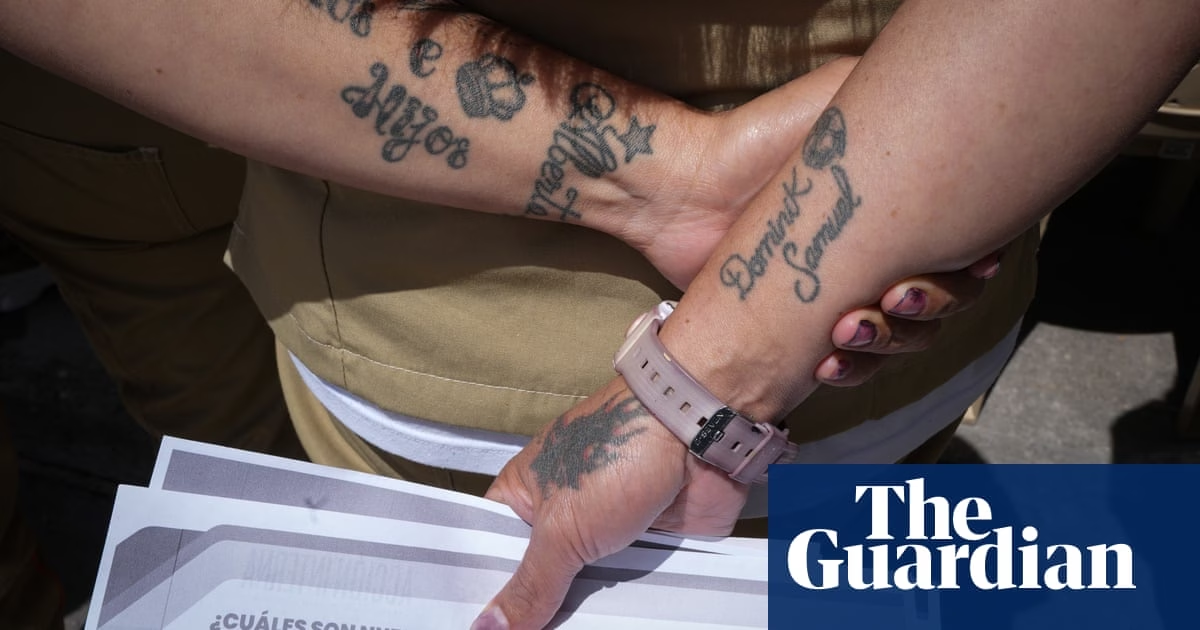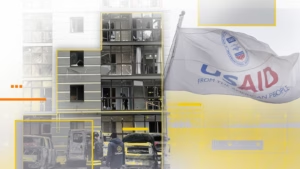A new report highlights that poverty, abuse, and discriminatory laws are significantly contributing to the increasing number of women in prisons globally. The rise of far-right movements and international resistance to women’s rights increases the risk that laws will be used to target women, leading to more incarcerations.
Over 733,000 women are currently incarcerated worldwide, and this number is growing faster than the rate of imprisoned men. Since 2000, the number of women and girls in prison has increased by 57%, compared to a 22% increase in the male prison population.
The report emphasizes how laws criminalize survival, with women being disproportionately jailed for acts such as petty theft, begging, and working in the informal economy. Many are also detained for debt and violations of international law.
Sabrina Mahtani, from Women Beyond Walls, states that prison is not a safe space for women or their children and calls for investment in support services and community solutions rather than criminalizing marginalized and vulnerable individuals.
Sia Fatmata Deen, a former police officer and president of Go Bifo (Moving Forward) in Sierra Leone, shares that many women in the country are arrested and labeled as criminals due to poverty. The two most common offenses are fraudulent conversion and obtaining goods or money by false pretenses, both under the colonial-era Larceny Act.
The report highlights that colonial-era laws, including those criminalizing abortion, suicide attempts, and same-sex relations, continue to disproportionately affect women due to patriarchal norms. Women’s choices about their dress and appearance are also frequently restricted by laws.
In several countries, laws against witchcraft mainly affect women who do not conform to gender stereotypes, particularly targeting unmarried women, widows, divorcees, or those without children. Charges of “indecent dressing” have been used in countries like Zambia, and in Iran, not wearing a hijab is a criminal offense under the Islamic penal code, with penalties extending to the death penalty for “promoting nudity, indecency, unveiling or improper dressing.”
The report warns that the female prison population could exceed one million and calls for better data collection, more alternatives to prison, and the decriminalization of laws violating human rights standards and international law.
Source: https://www.theguardian.com/global-development/2025/mar/12/biased-laws-poverty-debt-abortion-female-prisoners-penal-reform-report








